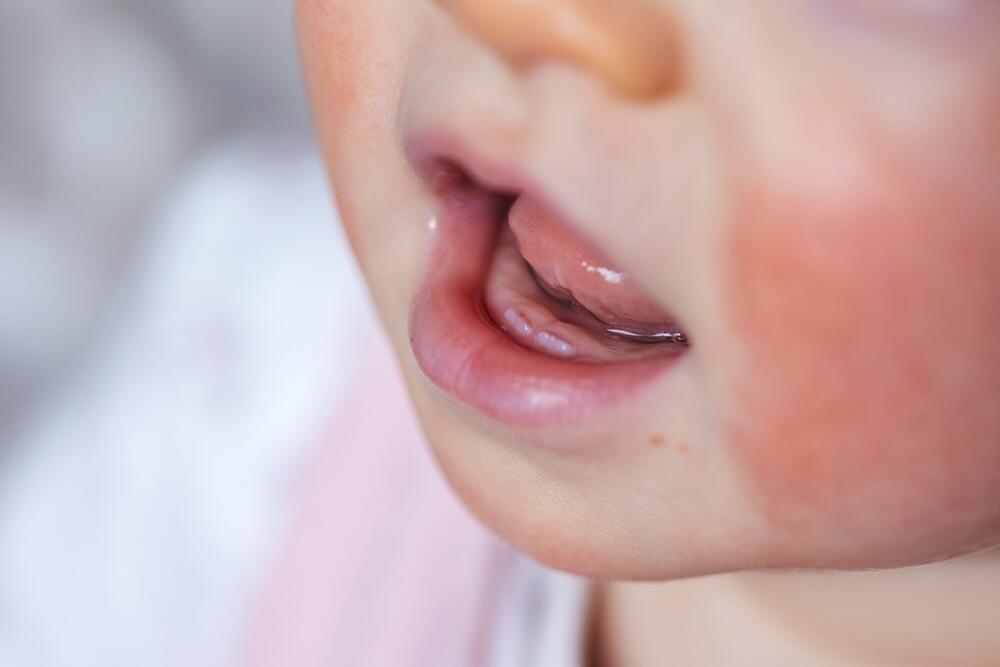More than just their teeth, our children’s oral health is essential. The gums are just as important, and if there is a problem, a dentist may be needed to treat them. Your child’s gums may have swollen teeth, making it difficult to chew. If this is the case, you should make a dental appointment for them as soon as possible.
Causes of Swelling Gum
Bacteria in the mouth are the most common cause of gingivitis. Regular brushing and flossing can help remove the germs that usually cause gingivitis. So, if you are not helping your child in this area, now is the time to start.
Even if your child has only a few teeth, the gums may become swollen because they need to clean their mouth. Also, remember to plan your first dental appointment within six months of your baby’s first tooth extraction!
More than simply their teeth, our children’s oral health is essential. The gums are equally vital, and if there is a problem, a dentist may be required to treat them. Your toddler’s gums may have swelled over their teeth, making chewing difficult.
According to Pediatric Dentistry Indianapolis IN, other causes of a toddler’s gums swelling over their teeth include:
Gum Disease is caused by a bacterial infection that has been around for a long time. The mild form is called gingivitis, while the severe form is called periodontitis.
Dry Mouth – If your child’s gingivitis is related to this, see their primary care physician.
Malnutrition – While this is rare in industrialized countries, ensuring your child eats a nutritious, balanced diet will help prevent gum infections.
Oral Trauma – This can be caused by various factors, including too much brushing or falling. Your dentist will review your child’s oral injuries during their visit, and the good news is that once they have healed, there will be a significant increase in the number of gums that appear on your young child’s teeth. Should be reduced to
Kids Dentist Indianapolis IN says to keep note of your child’s habits and any recent injuries so you can tell your dentist about them when you come in for your visit.
Oral Hygiene Issues
If you do not take proper care of your child’s teeth, bacteria and plaque can build up in the gums and irritate, causing swelling.
It is essential to brush your baby’s teeth and gums at least twice a day. Clean every surface of your baby’s gums and teeth with a rice-sized toothpaste and a soft-bristled toothbrush.
Avoid feeding your baby after brushing his teeth to help reduce oral bacteria. Avoid feeding them sweets and soft drinks such as juices, and do not send them to bed with a bottle.
Gingivitis
Poor dental hygiene can eventually lead to the first stage of gum disease, gingivitis. The accumulation of plaque and tartar between the teeth and gums causes this bacterial disease. If left untreated, gingivitis can cause significant damage to your child’s mouth and gums.
However, if found early, it can be reversed entirely. They will carefully remove plaque and tartar from between your baby’s teeth and gums, and antibiotics can be used to kill the remaining germs.
When combined with good oral care at home, deep cleaning can eliminate gingivitis and restore the health of your child’s teeth.
Gums That Are Swollen Are Treated In A Variety Of Ways
According to Children Dental Center Indianapolis IN when your child’s gums become swollen, the first and foremost step is to stay calm and book an appointment with your pediatric dentist as soon as possible. The dentist will examine to discover the source of the inflammation and the best treatment options.
If gum disease is the cause, your dentist may prescribe a special mouthwash and toothpaste to help you get rid of the infection. If gum disease is severe, they may perform scaling procedures to remove plaque and germs from the teeth and gums. This therapy will help reduce the spread of gum disease and ensure that teeth and gums regenerate quickly.
You can try at home to help reduce your child’s discomfort between the discovery of your child’s gums and the checkups of your child. Please continue to help with brushing and flossing, but do it gently so that the affected tissue does not get too hurt.
You can also rinse your baby with a saline solution to help kill germs if they are old enough. Take one teaspoon of salt in 1 cup of lukewarm water and rub it in your baby’s mouth. Make it clear that these solutions are not for drinking! This should be done three or four times a day to help relax their gums.
You can also use a warm compress to relieve the discomfort caused by the eruption of your young child’s gums. Cold compresses can also help reduce swelling if their gums are enormous. Lastly, make sure your child drinks plenty of water, as this increases saliva production, which helps eliminate germs in the mouth.
How to Prevent Gum Swelling
Once you go to your pediatric dentist and your child’s gums become less swollen, practice regular, proper dental care to prevent them from coming back. It’s a good idea to brush your toddler’s teeth twice a day for two minutes each time.
If your child resists brushing, consider incorporating it into your daily routine, make it a game, or even make it a fun, two-minute-long song.
Maintain a regular schedule for your child’s dental checkups. Going to the dentist every six months not only keeps their teeth extremely clean (especially in hard-to-reach places) but also allows your dentist to detect any potential concerns and also allows skin healing.
Is It Possible That Your Child’s Gums Are Swollen?
It’s time to dump her and move on. Please make an appointment with our friendly team now and let us help your child get back to a healthy, enlightened soul as soon as possible.



